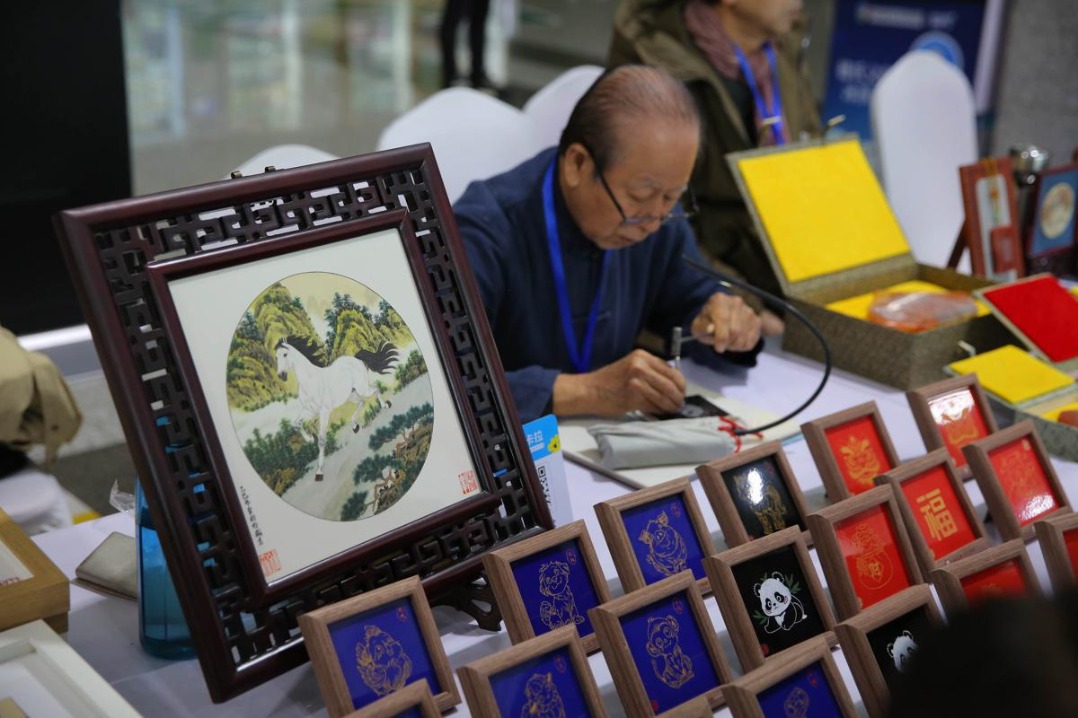Yunnan taps local strengths for rural vitalization

In the remote village of Manpengxinzhai in Yunnan province, Yang Xiaolong has grown into a grassroots leader by transforming lives through the power of livestreaming and local specialty products, which has showcased the effective rural vitalization measures in the province.
Yang, 40-year-old Party secretary of the village, has helped over 260 households increase their incomes by 3.91 million yuan ($539,705), through spearheading an innovative e-commerce initiative that markets local ethnic products — from traditional Miao medicine to hand-embroidered clothing — to consumers across the nation.
After returning to Jinping, his hometown, in 2019, Yang said "we have established one internet celebrity entrepreneurship incubation base and nurtured 389 anchors as of 2024, and our livestreaming sales reached 28.3 million yuan last year."
Yang's livestreaming success is not an isolated case, but part of a broader movement across Yunnan to harness local strengths for rural vitalization.
In a province rich in ethnic diversity and natural resources, communities are turning to distinctive cultural products and eco-friendly agriculture to lift incomes and preserve heritage.
Similar to Yang's approach in Jinping, Malipo county has seen its signature Laoshan tea play a vital role in poverty alleviation.
Laoshan tea has evolved into more than just a source of income for the local population — it symbolizes China's rural vitalization and tells the story of the nation's poverty reduction to a global audience, said Hua Chunying, vice-foreign minister in a speech during the opening ceremony of the Third Laoshan International Tea Festival in Malipo county on Friday.
On International Tea Day, May 21, Malipo's tea will take center stage at the United Nations for the first time, showcasing the magic of Chinese tea culture and highlighting its progress in lifting people out of poverty, she said.
Contact the writers at wangsongsong@chinadaily.com.cn
- China's Global Governance Initiative receives positive feedback at forum
- China's Xizang sees steady tourism growth in 2025
- First-of-its-kind pearl auction held utilizing Hainan FTP
- Agarwood exhibition steeps Shanghai museum in fragrance
- The Fujian Coast Guard conducts regular law enforcement patrol in the waters near Jinmen
- IP protection for new fields to improve




































